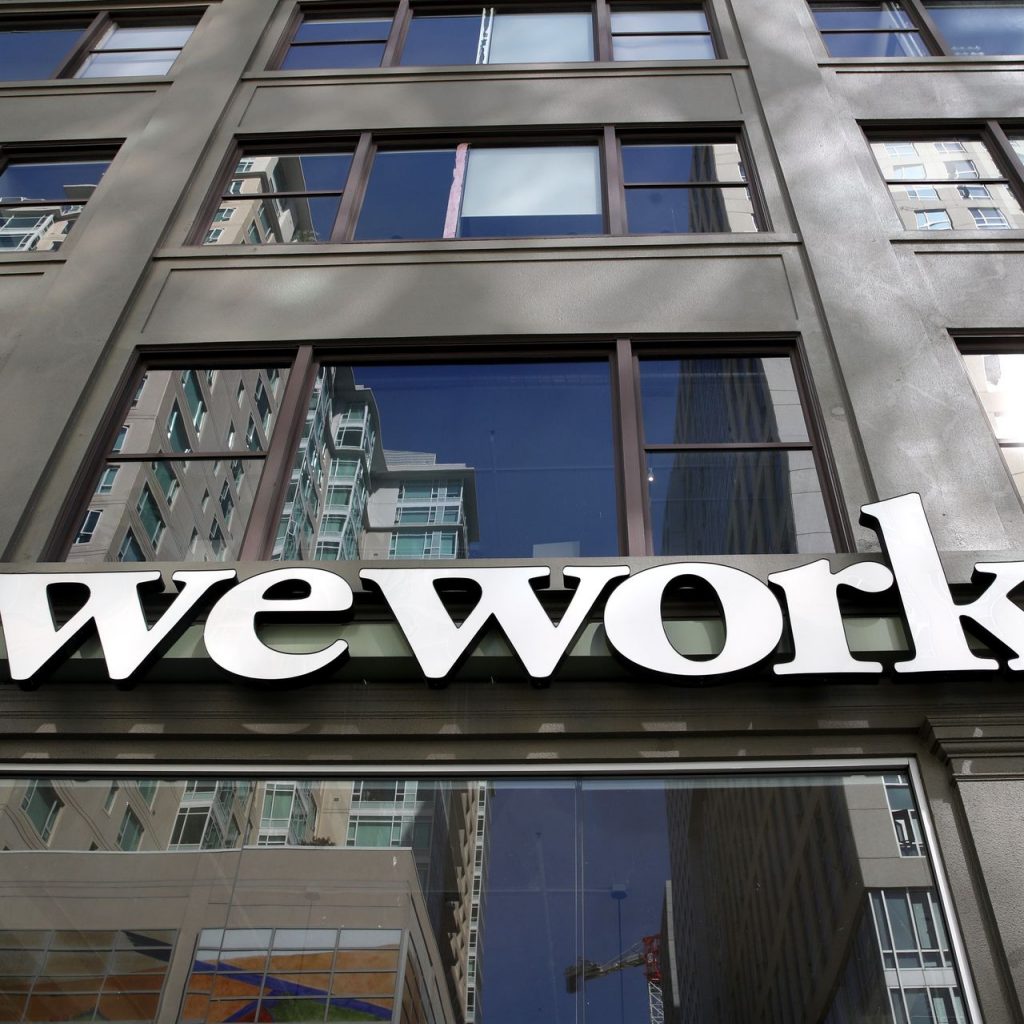Real estate fintech – or financial technology – gives investors a way to cut out the middle man in real estate transactions. There’s less friction, lower costs, and increased investment opportunities throughout the entire process of real estate acquisition, leasing and asset management, and property disposition.
Here’s a quick look at why a growing number of venture capital, private equity firms, and high net worth individuals are focusing on real estate fintech.
Real estate fintech investment is soaring
Over the past 10 years, global investment in real estate fintech startups skyrocketed from $2.2 billion to $31.3 billion, according to a recent report by Deloitte.
Venture capital is still the major source of funding, but that’s beginning to change. For example, between 2011 and 2016 funding from non-venture capital investors such as REITs, real estate service companies, and high net worth individuals, increased at a compounded annual growth rate of 72.4%.
How real estate fintech is being used today
The area of real estate fintech investing is rapidly evolving. Here are three examples of publicly-held fintech companies that are changing the world of real estate investment:
Zillow
Zillow is for all practical purposes a public version of the MLS. Zillow provides real-time real estate market data and removes the barrier to communication between buyers and sellers. The firm also provides services to real estate brokerages, and has recently expanded into home flipping, rental services, and proptech.
Fiserv
Fiserv uses advanced financial technology to improve the traditional lending process of loan origination and risk management. Founded 35 years ago, Fiserv is an example of an established player that has transformed itself by embracing today’s disruptive technologies. With a market cap of over $71 billion, Fiserv common stock price has increased from $14.86 in January 2017 to $105.30 today.
Fair Isaac Corporation
Today, FICO score is almost a household phrase. But that wasn’t always the case. Not too long ago, people had to wait weeks to learn their credit score. Now, home buyers and real estate investors can now shop for loans online knowing exactly what their FICO score is. Fair Isaac Corporation also provides lenders with its cloud-based decision management software system to help make the entire borrowing and lending process more efficient.
5 fintech real estate companies to watch
Forbes recently published its list of “The Most Innovative Fintech Companies in 2019”. These startup fintechs list Wells Fargo and U.S. Bank as clients, are receiving capital from private wealth clients of Goldman Sachs, and are investing in opportunity zones.
Here are 5 fintech real estate companies to keep an eye on:
- Roofstock: provides a platform for single-family home investors to buy, lease, and sell rental property in 41 markets across the U.S. Over $1 billion in transactions are been completed via the Roofstock platform. The firm’s latest valuation is $275 million.
- Blend: a cloud based software provider for mortgages and insurance. Blend currently processes more than $1 billion in mortgage applications each day. The firm’s latest valuation is $500 million.
- Cadre: an alternative to private equity funds. Cadre operates an online platform enabling high net worth individuals and institutional investors to buy and sell commercial real estate and multifamily property. With $133 million in funding from Andreessen Horowitz and others, Cadre’s latest valuation stands at $800 million.
- LendingHome: operates an automated lending platform providing bridge loans to house flippers and offers a portfolio of high-return real estate to investors. The firm has funded over $3.5 billion in loans since 2013. LendingHome’s latest valuation is $1 billion.
- Opendoor: uses data and algorithms to buy, fix, and flip homes sight unseen while paying cash to sellers in just a few days. The company spends about $3.8 billion each year buying homes and counts SoftBank Vision Fund as one of its investors. Opendoor’s current market valuation is $2 billion.
Why investing in real estate with fintech makes sense
Amazon, Uber, Airbnb, and SharesPost are changing the way we shop, travel, vacation, and invest. In a similar manner, real estate fintech and fractional property ownership are revolutionizing the world of real estate investment.
Investing large amounts of capital directly in a single property can create an unnecessarily high level of risk. Today, digital shares allow real estate investors to diversify and grow their portfolios by owning small slices of investment-grade, income-producing commercial real estate throughout the U.S. and Canada. Transactions are transparent, fees are significantly lower, and digital shares of real estate are liquid during the life of each investment.




